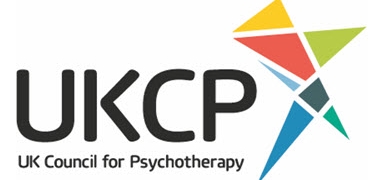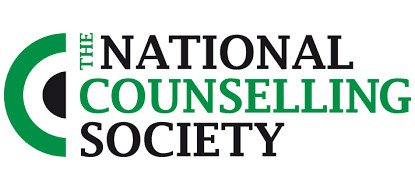Why try relationship counselling
/We’ve written this brief blog to help explain to couples how relationship counselling might help. Many people think relationship therapy is just ‘talking things over’, and that’s understandable as it’s how it’s often portrayed in films and the media. However, in my experience, relationship therapy works simultaneously on a number of different levels, so I hope that this blog will provide couples with a fuller picture of the process.
Five benefits of relationship counselling
From my many years working as a relationship and couples counsellor, there are five key benefits that I see time and time again that ensures the process works for so many people.
1. Relationship counselling creates a breathing space
When I meet couples for the first time, most feel a palpable sense of relief. This comes from accepting they have a relationship problem and have taken the first steps to try to resolve it. If they have already tried unsuccessfully to sort out things for themselves, booking an appointment is also the first acknowledgement that they require a bit of outside support. Although there’s no guarantee’s the counselling process will be successful, many couples feel strongly that even if they do separate, at least they will have tried everything.
2. It provides a weekly, supportive and reflective space
Relationship therapy provides a weekly supportive, reflective space to talk about the relationship and communicate with each other constructively. The structure provides something very different than most couples experience when trying to talk about their relationship at home. For the hour of therapy there are no distractions and no more pressing things to do.
As we lead busier and more stressful lives, it can be challenging to talk about your relationship. From work pressures to running a family, finding the time isn’t easy. Counselling gives a focused weekly session in which your relationship is the only topic you’ll look at.
I’m also there as a therapist to be curious about what was behind a strong reaction to something, or help couples understand and express their feelings. Disagreements are also the raw material we use as a means of understanding more about the strong feelings involved. We focus on reflecting, on the feelings each person in the couple experiences, consider different perspectives and work together to resolve things.
3. Understanding the deeper feelings that drive us
One of the most important aspects of relationship therapy, is taking some time to explore how each of the couple’s childhood experiences might be affecting their current relationships. Many people have experienced situations from the past, which bring up strong feelings when they feel they are replicated in the present. If unidentified, it’s all too easy for couples to inadvertently keep pushing eachother’s buttons, leading to damaging arguments which they often tell me are “over nothing really” but do corrosive damage to the relationship, because such strong feelings are involved. Knowing what’s behind such intense feelings often helps couples understand what’s really going on and be a bit less reactive. Conflict becomes healthier because it’s based in the present.
4. Relationship therapy promotes a more constructive type communication
Without doubt, one of the most helpful aspects of relationship therapy is the way in which it helps couples learn to communicate with each other in a more constructive way. In relationship therapy each of the couple gets to tell the therapist how they feel about certain aspects of their relationship. Their partner has the opportunity to just listen, freed from having to defend themselves, respond, or try to reach a compromise. There’s also no need to try to interrupt their partner, because they know they’ll also get a chance to give their perspective to the therapist with their partner listening.
Relationship counselling gives each person the chance to speak without anything to impede them, and be sure that there partner is there to just listen.
This way of communicating generally develops into the way couples talk to each other. In the sessions, I’ll notice them listening more to each other, not interrupting or jumping to conclusions and being more reflective. Gradually, what happens in the therapy room starts happening more at home, as couples experience the benefits of this type of communication, and there’s no longer a need for the sessions.
5. Each of the couple learns more about themselves in relation to their partner
When we love somebody, live with them and possibly think of sharing the rest of our lives with them, our thoughts and feelings about that person are usually complicated. We love them, but at the same time they irritate us, we long to be in their company, but then at times we’d prefer solitude. We enjoy sharing our lives with them, but also fear them having too much power. The trouble is these complex thoughts and emotions are jumbled in our heads, confusing and always churning round and round like clothes in a tumble dryer. Relationship therapy helps couples to examine and express these feelings.
I find the process usually helps couples gain a greater understanding of the complexities of their feelings to each other. Many find the idea of an idealised relationship, where we love everything about somebody and always feel connected, starts to diminish and a more realistic picture of their relationship develops. This may not fit the ‘Hollywood script’, but the benefit is a more authentic relationship, where it’s OK to be honest about their feelings and difficult things are addressed. The paradox is that this level of honesty, usually develops into an incredibly strong connection as they feel they can trust each other to be increasingly open with each other.
Time to try relationship counselling?
Relationships are challenging, and all of us go through good and bad times. If there are issues within your relationship, then counselling can help you find ways to deal with them. Perhaps you just feel ‘stuck in a rut’ or perhaps you find there’s something divisive that’s making it challenging for you and your partner to see eye-to-eye. Whatever the case, for support around your relationship, try booking a session with The Palmeira Practice.






